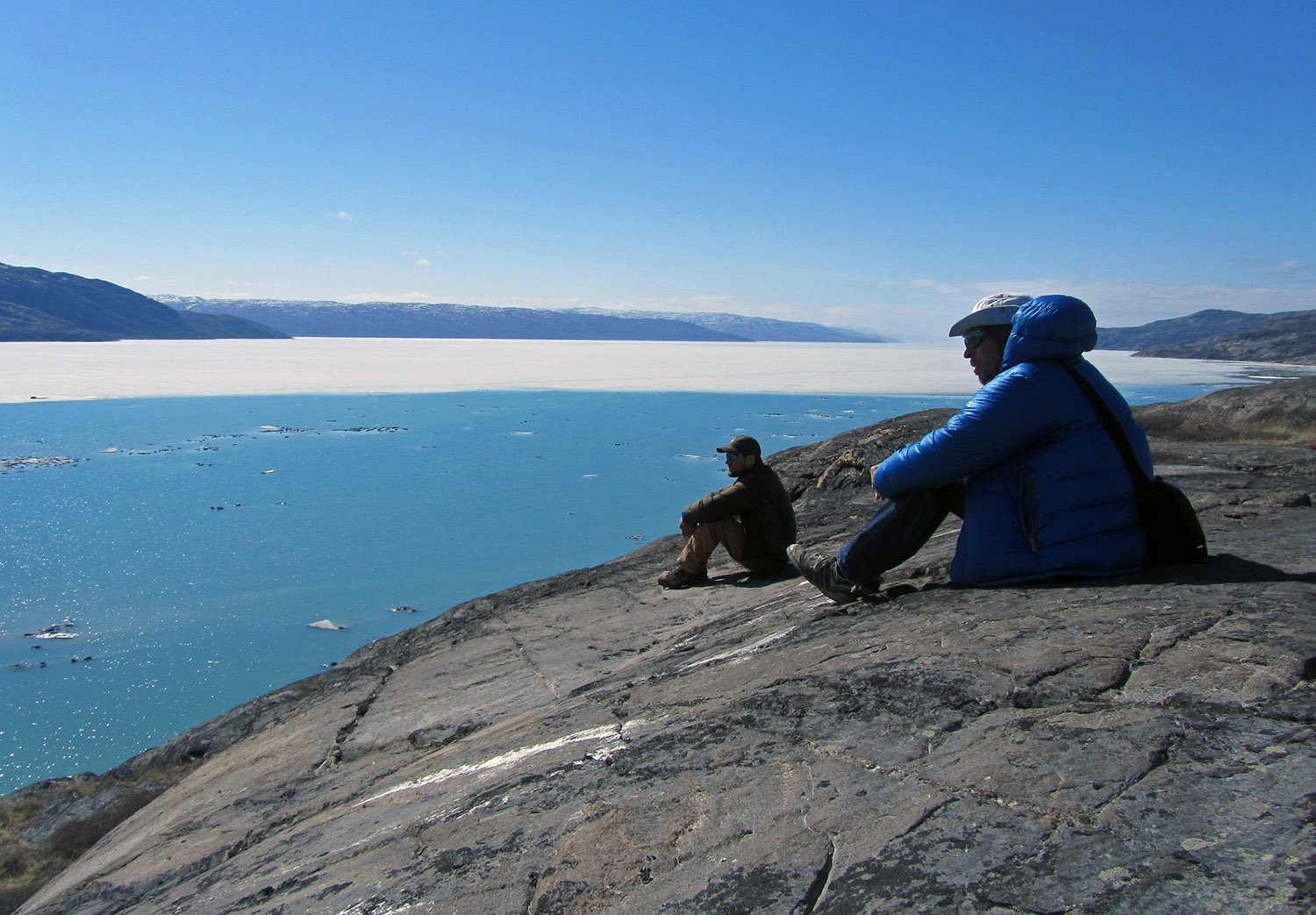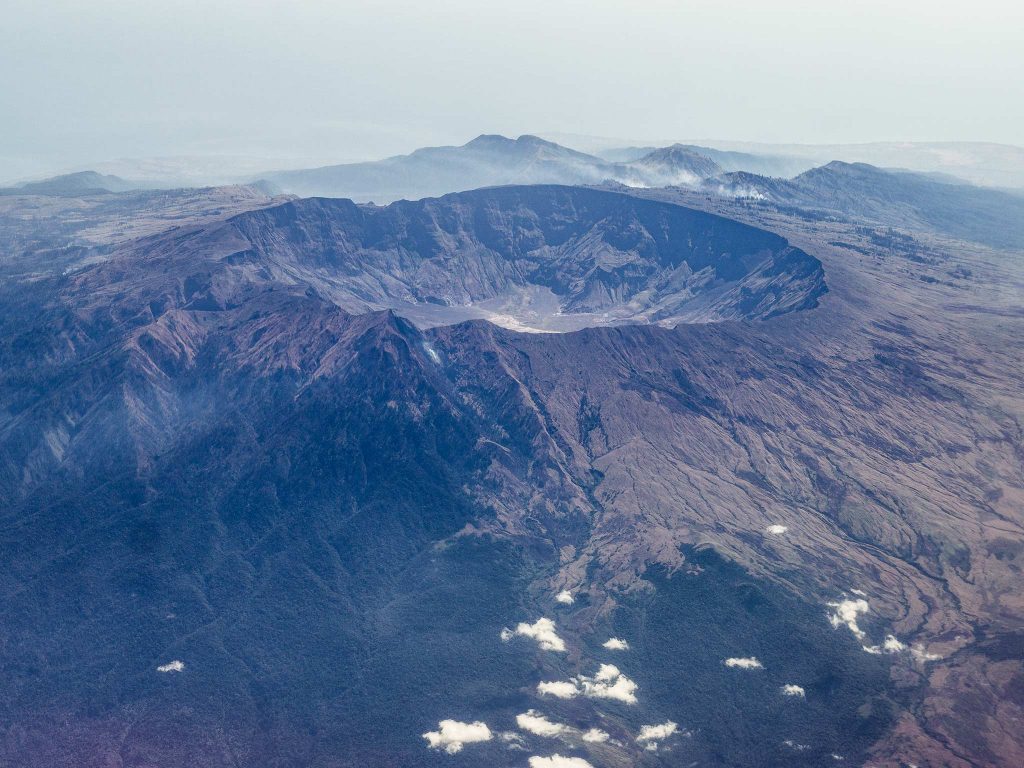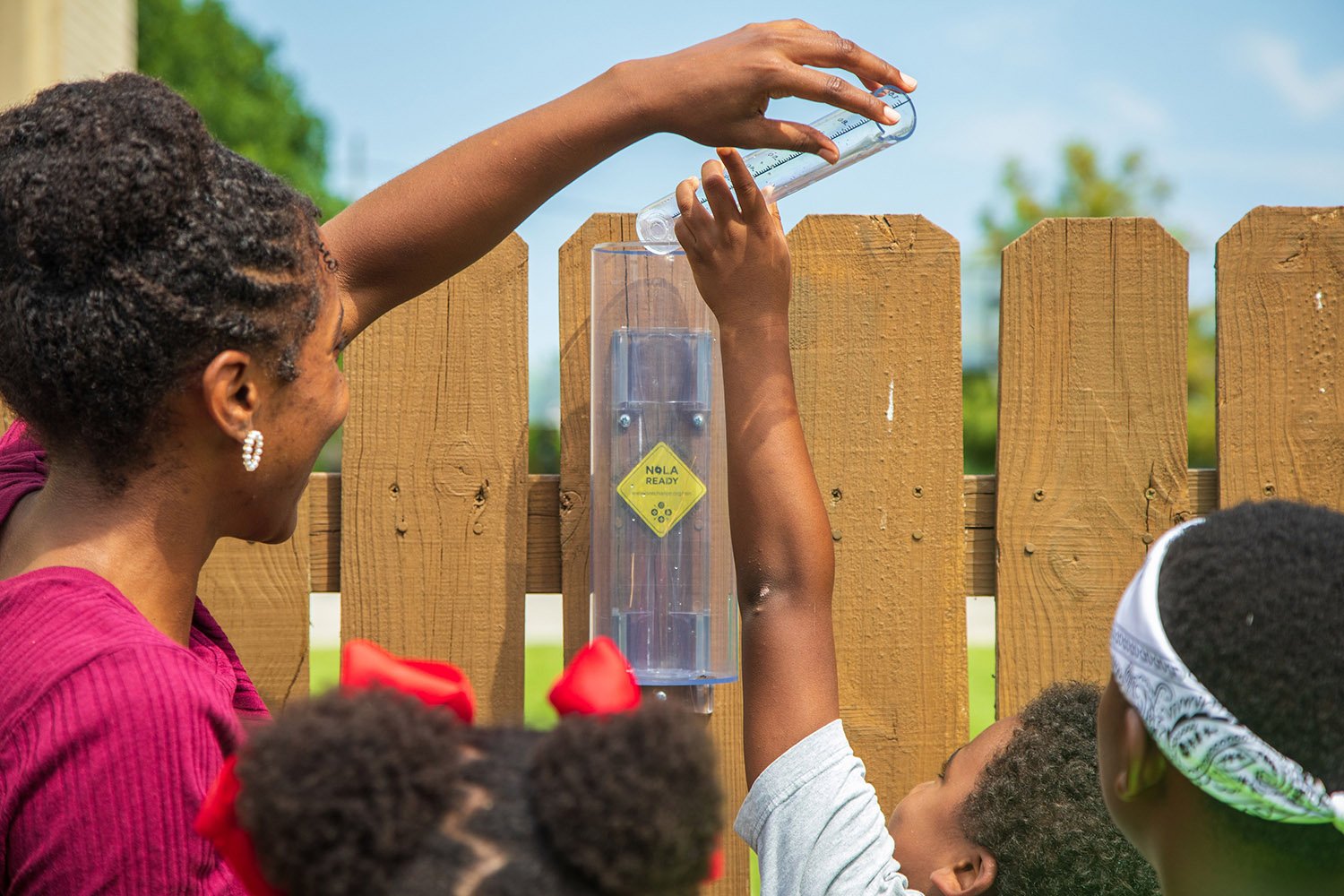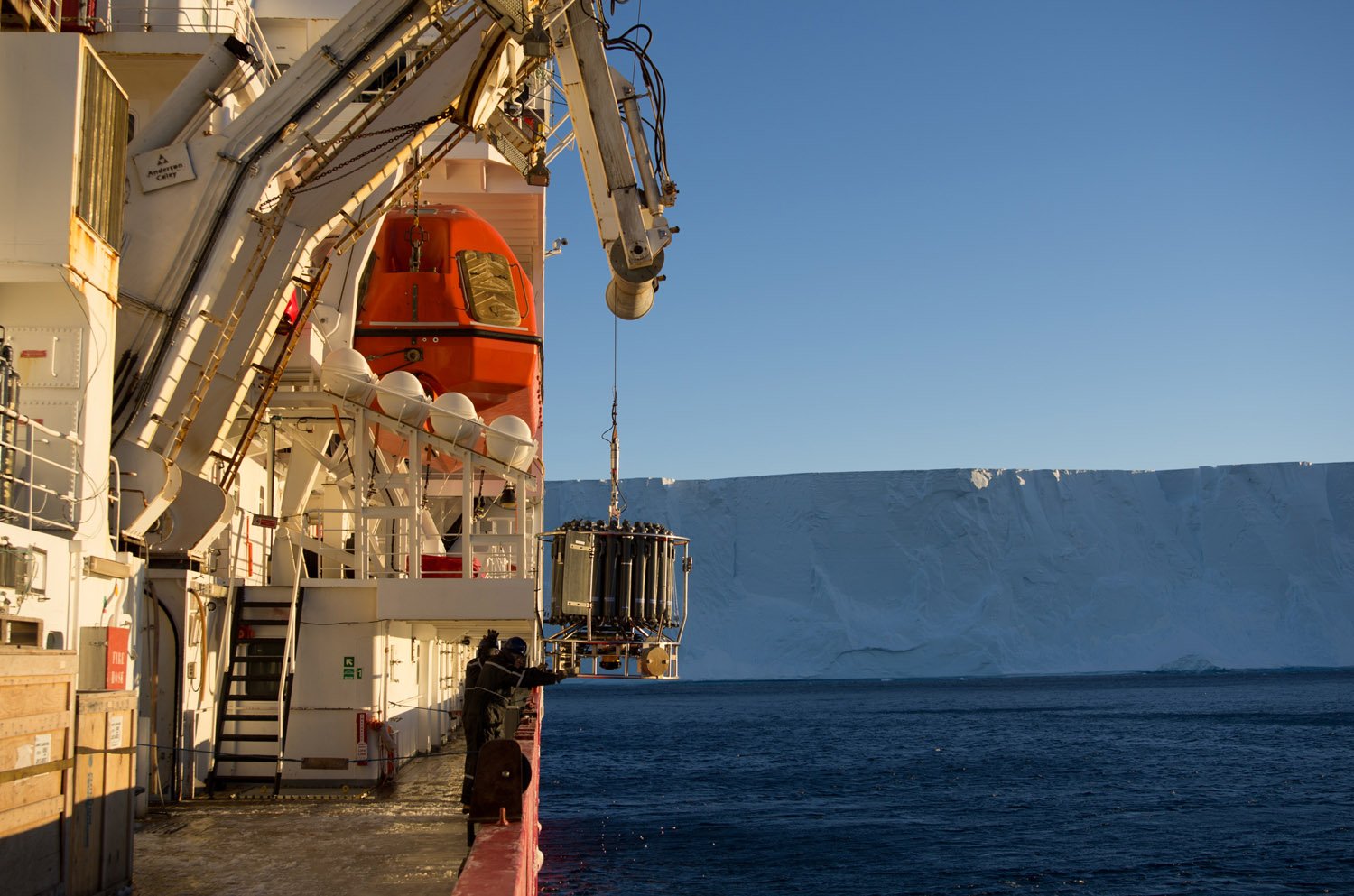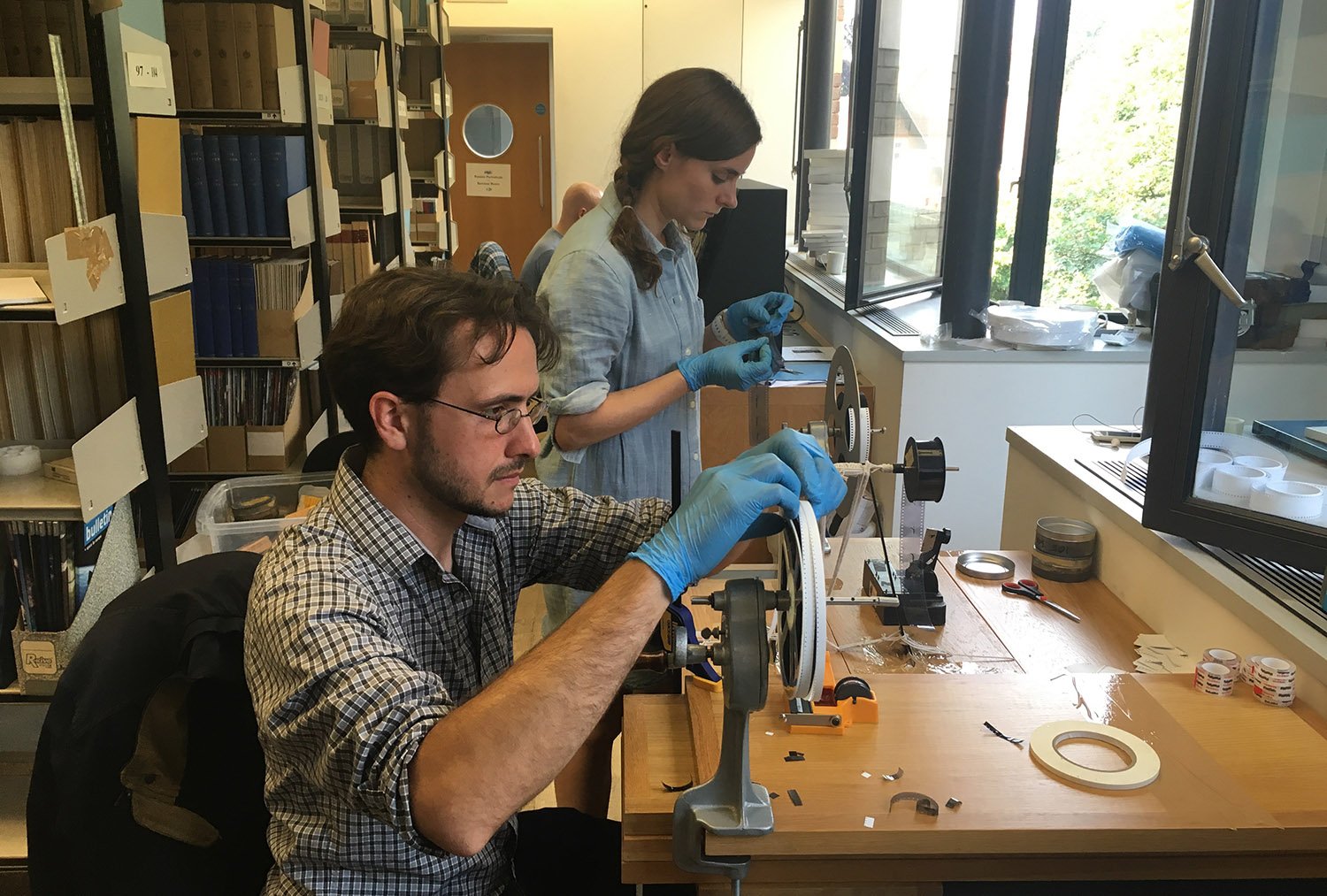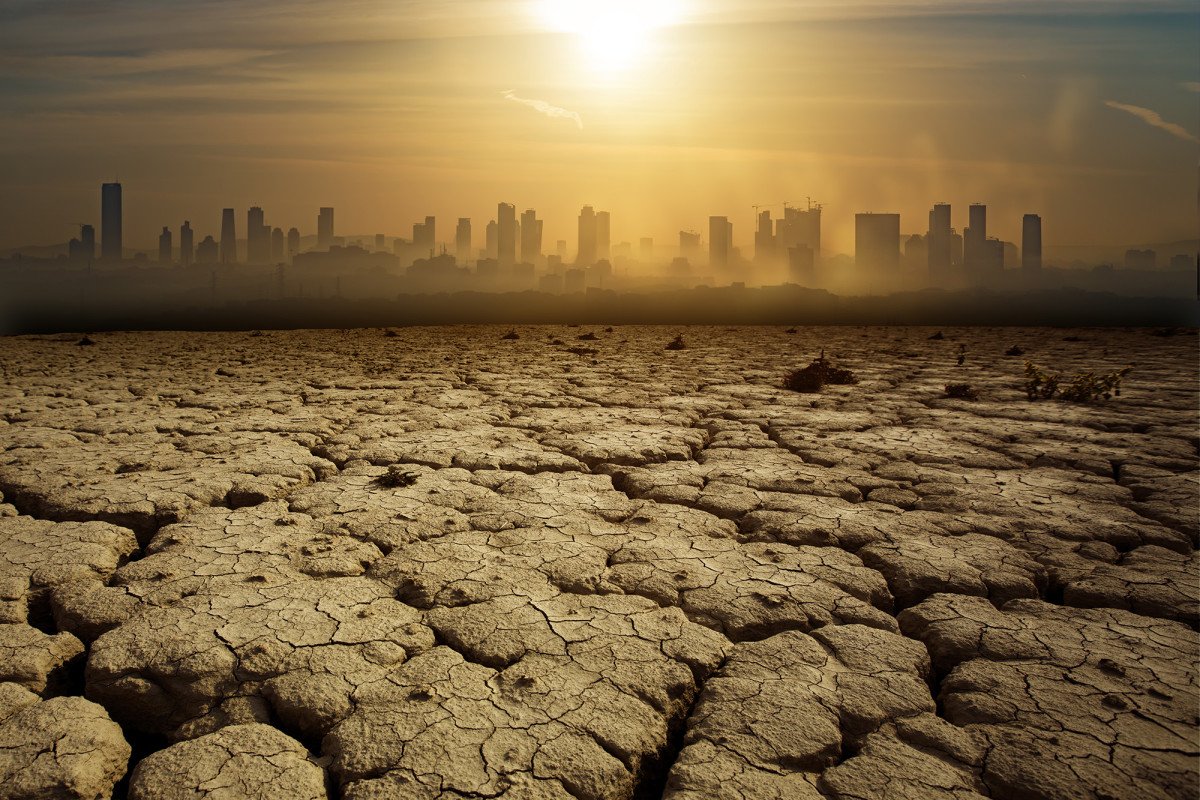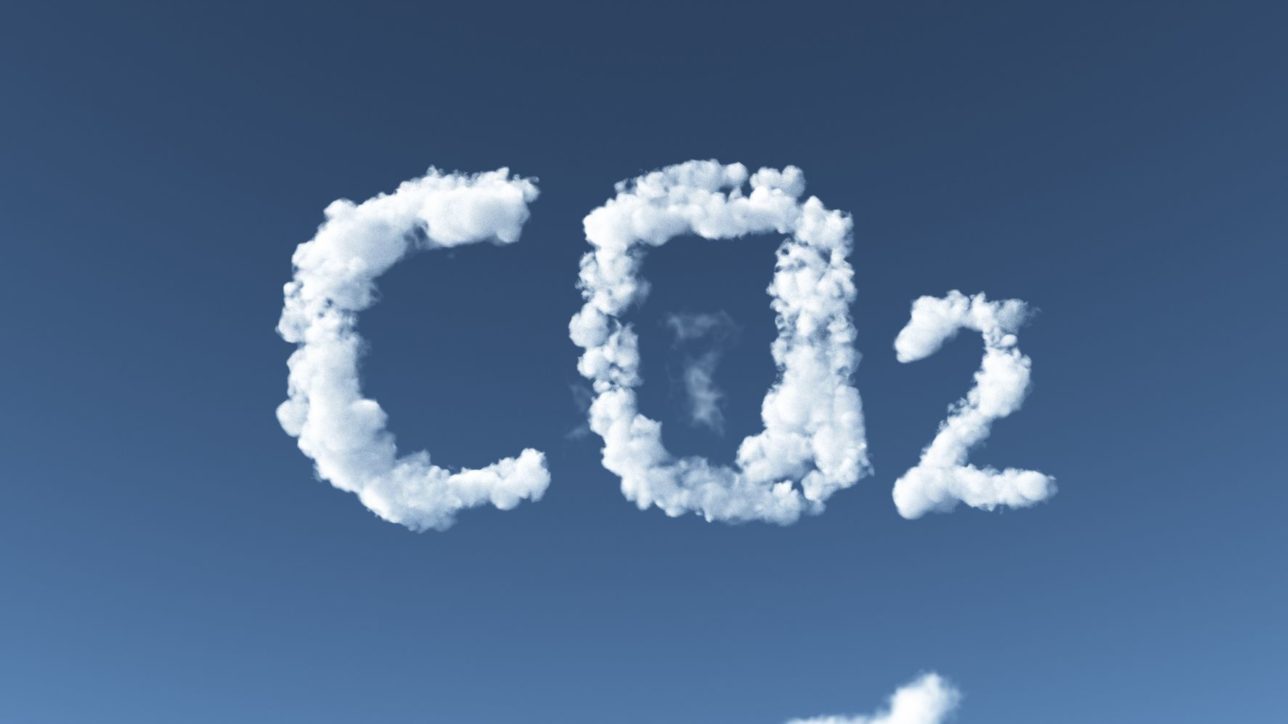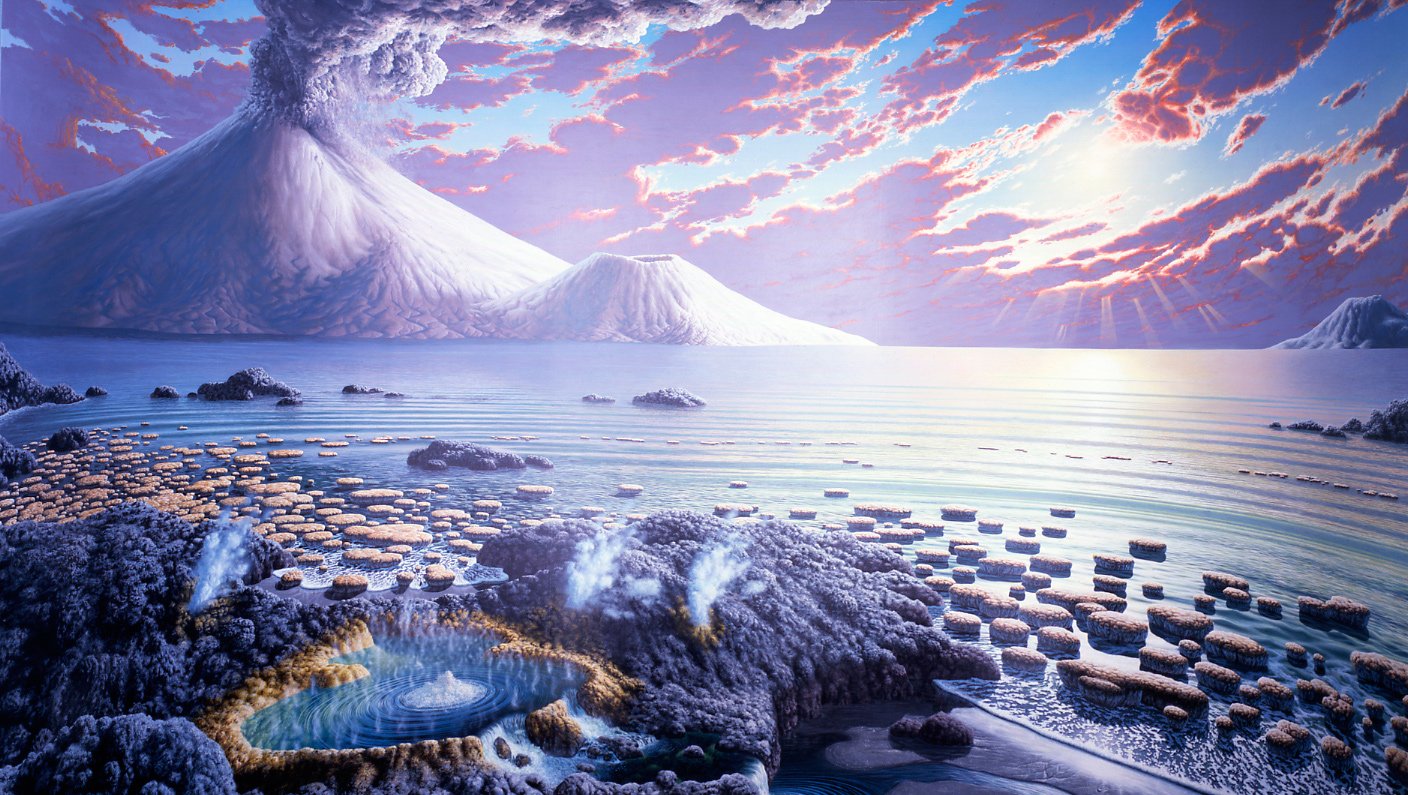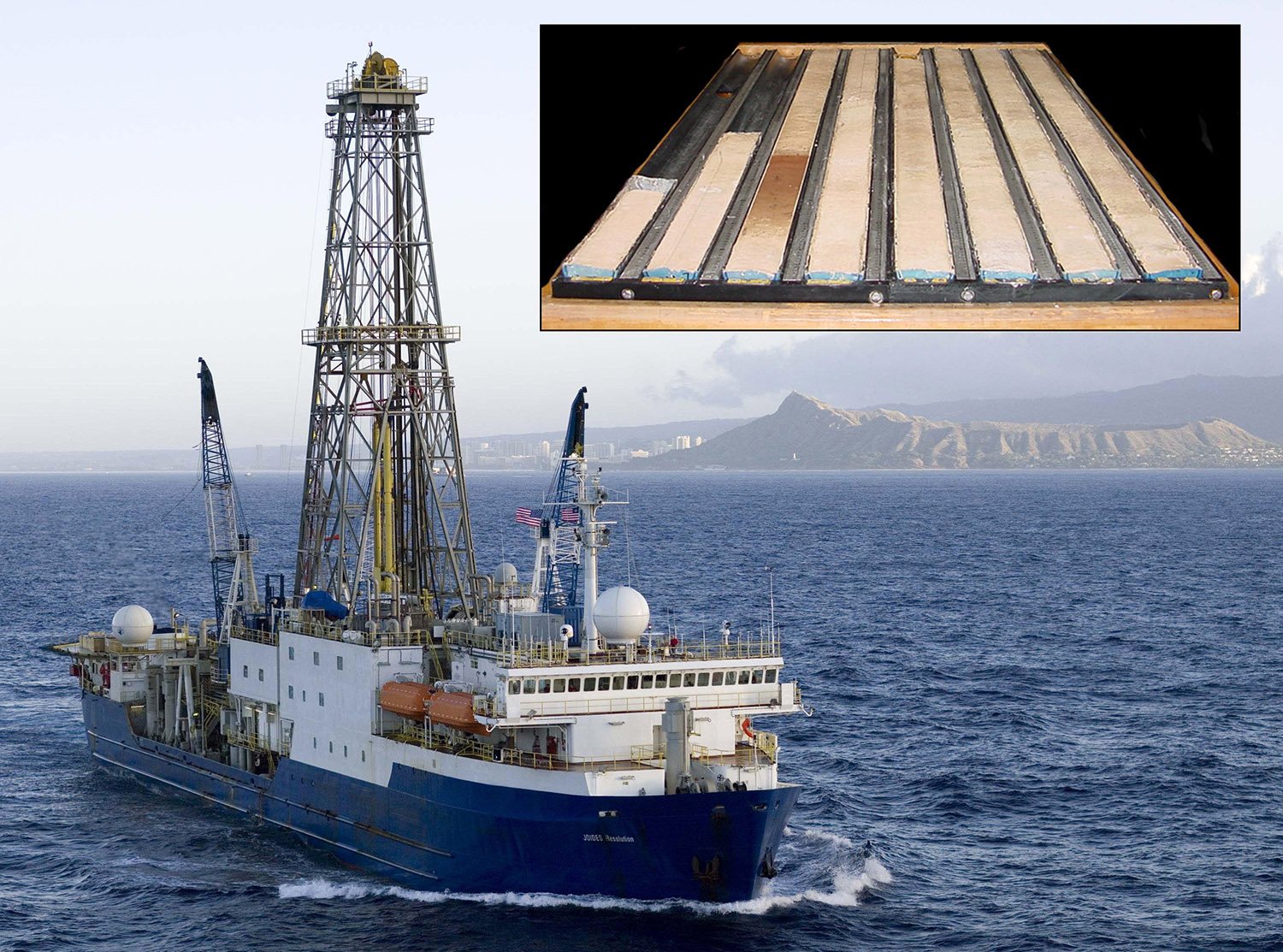Greenland’s growing ‘ice slabs’ intensify meltwater runoff into ocean
Thick, impenetrable ice slabs are expanding rapidly on the interior of Greenland’s ice sheet, where the ice is normally porous and able to reabsorb meltwater. These slabs are instead sending meltwater spilling into the ocean, according to a new CIRES-led assessment, threatening to increase the country’s contribution to sea level rise by as much as … Read more
